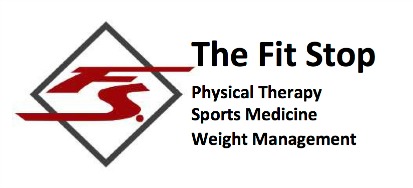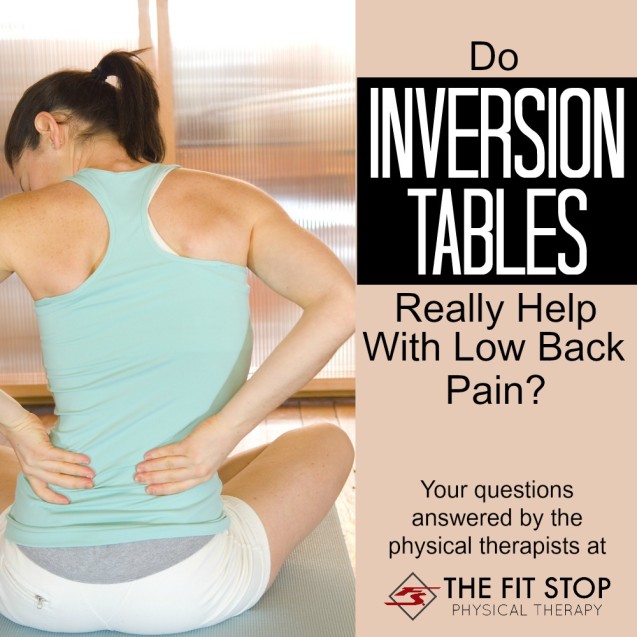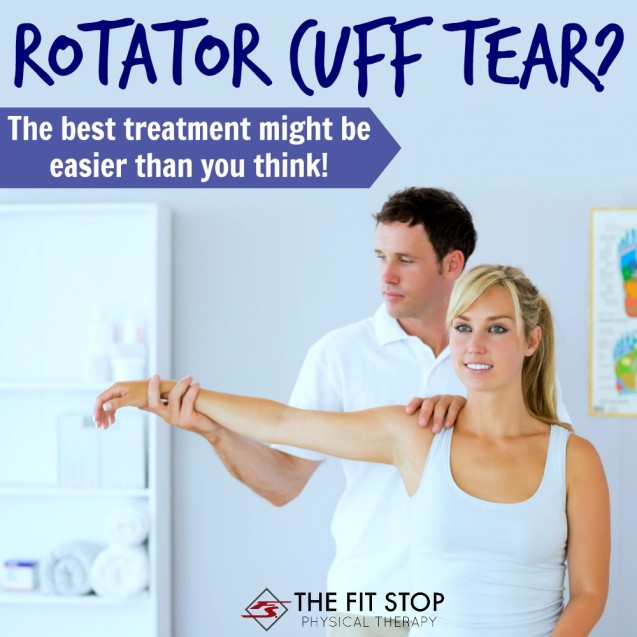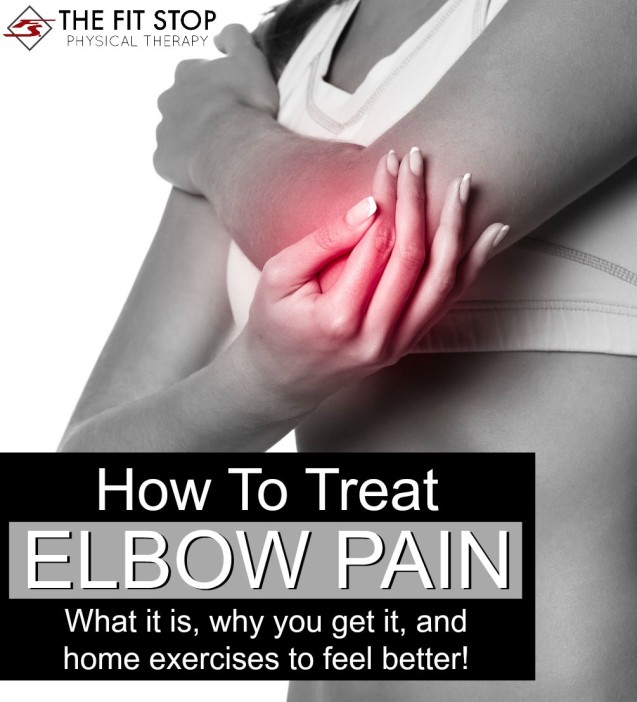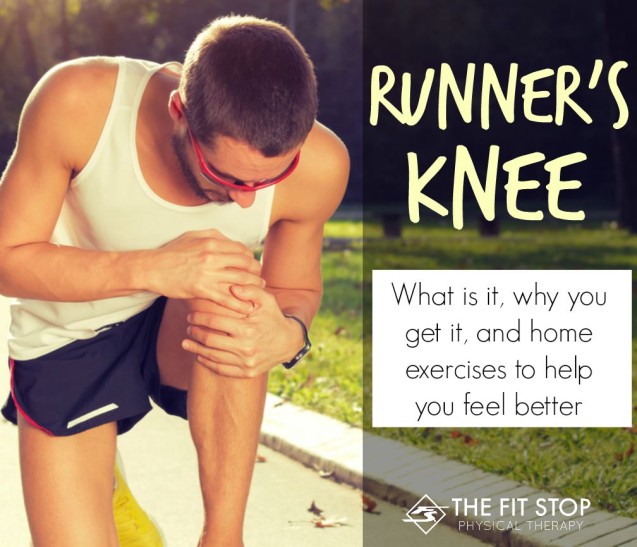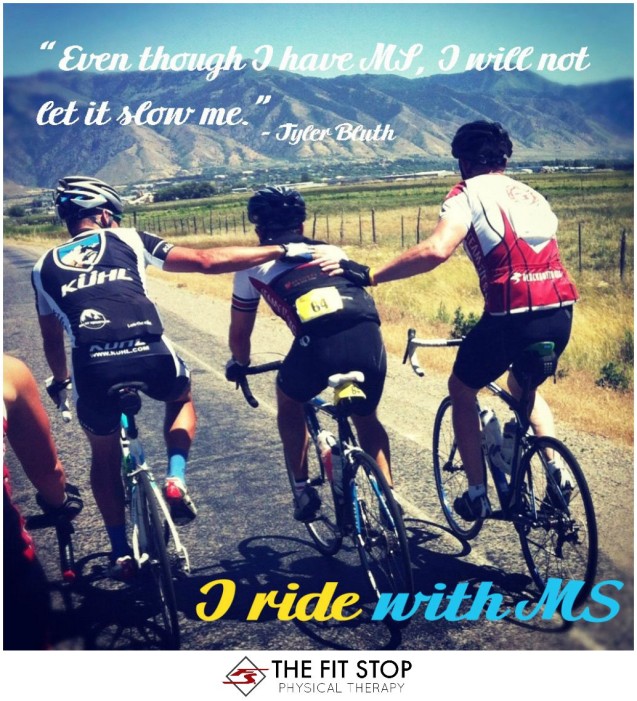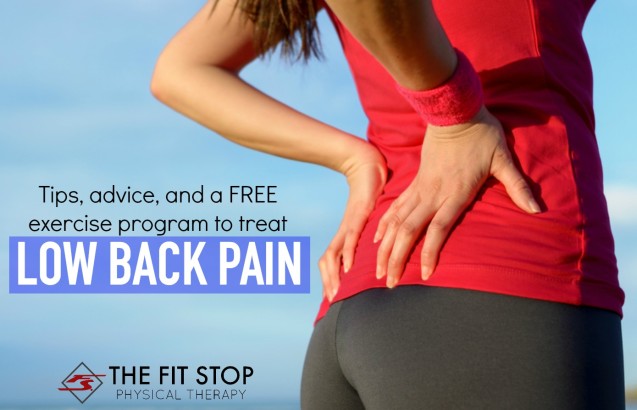By fitstoppt 04 Jan, 2016 Advice, At Home, Back Pain, FAQ, Injury, Low Back Pain, Pain Management, Physical Therapy back, back pain, best, bulged disc, herniated disc, inversion table, low back, pain, sciatica, stenosis, traction, treatment Will an Inversion Table help my Low Back Pain?
As a physical therapist, I have heard many, many very interesting treatment approaches for low back pain (LBP). We as human beings have actually gotten pretty creative in treating LBP. From the more mainstream approaches of modern medicine, to the more “alternative” approach, there is much to choose from out there. Because of the myriad of options, it can be pretty difficult to know exactly where to start, and what to focus on. Today one of our back pain specialists, Toby Bluth, PT, DPT, weighs in on one of these treatments – inversion tables. Learn the how, why, and what behind this treatment and whether or not you could benefit from it! Keep reading for more…
More By fitstoppt 02 Nov, 2015 Advice, Exercise, FAQ, Health, Health Tips, Healthcare, Injury, Physical Therapy, Shoulder Pain best, injury, options, pain, physical therapy, rotator cuff, shoulder, treatment As a physical therapist, I enjoy hearing the different terminology for the rotator cuff (RC): “I think I tore my rotor cup” is one of my favorites. However, the thought of a torn rotator cuff is never amusing and with good reason conjures up fear and worry. In today’s post here on the Fit Stop Blog, our shoulder specialist – Toby Bluth, PT, DPT – is discussing the rotator cuff. What is it? Why is it so important? And finally, what should be done if you suspect or have been told that you have a torn rotator cuff?
More By fitstoppt 04 Sep, 2015 Advice, FAQ, Health, Health Tips, Low Back Pain, Pain Management, Physical Therapy back, back pain, best, bulged disc, herniated disc, low back, pain, sciatica, stenosis, treatment As physical therapists, the most-common injury that we hear about in our clinics is back pain. In fact statistics show that as many as 9 out of 10 people will experience significant back pain in their lives. Whether you’re 22 or 82, chances are that if your back doesn’t hurt now, it probably will one day in the future!!
While nobody is completely immune from hurting there are actually some crucial steps that you can take that have actually been proven to decrease back pain throughout our lives. Today one of our back pain specialists, Jared Beckstrand, PT, DPT, discusses 5 tips to ensure a lifetime of quality activity free from lower back pain. Keep reading for more…
More By fitstoppt 10 Aug, 2015 Advice, Exercise, FAQ, Injury, Pain Management, Physical Therapy at home, best, elbow, exercise, how to, pain, physical therapy, rehab, rehabilitate, treat, workout As a Doctor of Physical Therapy for the past six years at the Fit Stop, elbow pain is probably the second most common arm ailment I treat (following issues related to shoulder pain). This annoying pain in the elbow is usually due to something called “lateral epicondylitis” or “tennis elbow”. What is odd, however, is that only a few of these patients have actually developed this condition from playing tennis!
So what’s the deal? What is lateral epicondylitis and how can PT help this limiting condition? Today on the Fit Stop Blog Toby Bluth, PT, DPT discusses tennis elbow – what it is, why you get it, and what physical therapy can offer you to help you feel better.
More By fitstoppt 31 Jul, 2015 Advice, Exercise, FAQ, Fitness, Health Tips, Injury, Knee Pain, Pain Management, Physical Therapy, Running, Tips, Uncategorized best, exercises, knee, knee pain, pain, patellofemoral, physical therapy, PT, treatment What is Patellofemoral Pain?
“Patellofemoral pain (PFP)” may not be a familiar term, however there is a good chance you are familiar with the pain associated with this condition (especially if you are young and active!). PFP has also been referred to as anterior knee pain or chondromalacia patella. According to the journal of orthopaedic and sports physical therapy (JOSPT), PFP is the most common reason that active people seek health care. In fact, JOSPT states that 2.5 million runners are diagnosed with PFP each year. It is also interesting to note that women are at higher risk for developing PFP, and the pain is most often recurring, meaning even after the pain has gone away, it is pretty likely it will come back. Recurrence rates have been cited as high as 90%. So what is the problem? What is patellofemoral pain, why do you get it, and what are some things you can do to fix it?
More By fitstoppt 15 Jul, 2015 Health Tips, Healthcare, Physical Therapy best, bike, cycle, dam, fun, harmons, MS, multiple sclerosis, ride Twelve years ago, our son, Tyler, was just beginning the Masters of Physical Therapy program at the University of Utah. He complained of neck pain, so an MRI was performed. To our surprise, he didn’t have a disc injury, he had Multiple Sclerosis. Further testing revealed that he not only had lesions in his spinal column but also in his brain. This was a difficult time for Tyler and our family.
More By fitstoppt 13 Jul, 2015 Advice, At Home, Back Pain, FAQ, Fitness, Injury, Low Back Pain, Physical Therapy at home, back, best, cost effective, exercise, inexpensive, low back, pain, program, treatment We’ve all been there before. It may have been after a long run or a heavy workout. Maybe you helped your friend move into a new home or had a long day of work in the yard. You may have even just slept wrong and now it’s there. Back pain. This is, without a doubt, the most common problem we encounter in outpatient physical therapy. In fact, 9 out of 10 people will experience back pain at some point in their lives. From weekend warriors to years of chronic, nagging pain, if you’re a living, breathing, human being, you will one day experience back pain (if you haven’t experienced it you know someone who has and, I’m sorry to say, chances are that you will in the future!). So why do we get back pain? And more importantly, what are some things we can do about it? Jared Beckstrand, PT, DPT, shares some tips, advice, and even a free home exercise program to help you feel better.
More